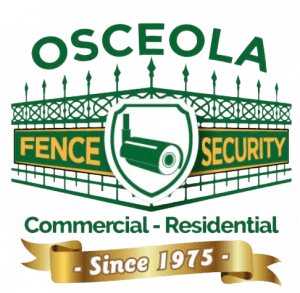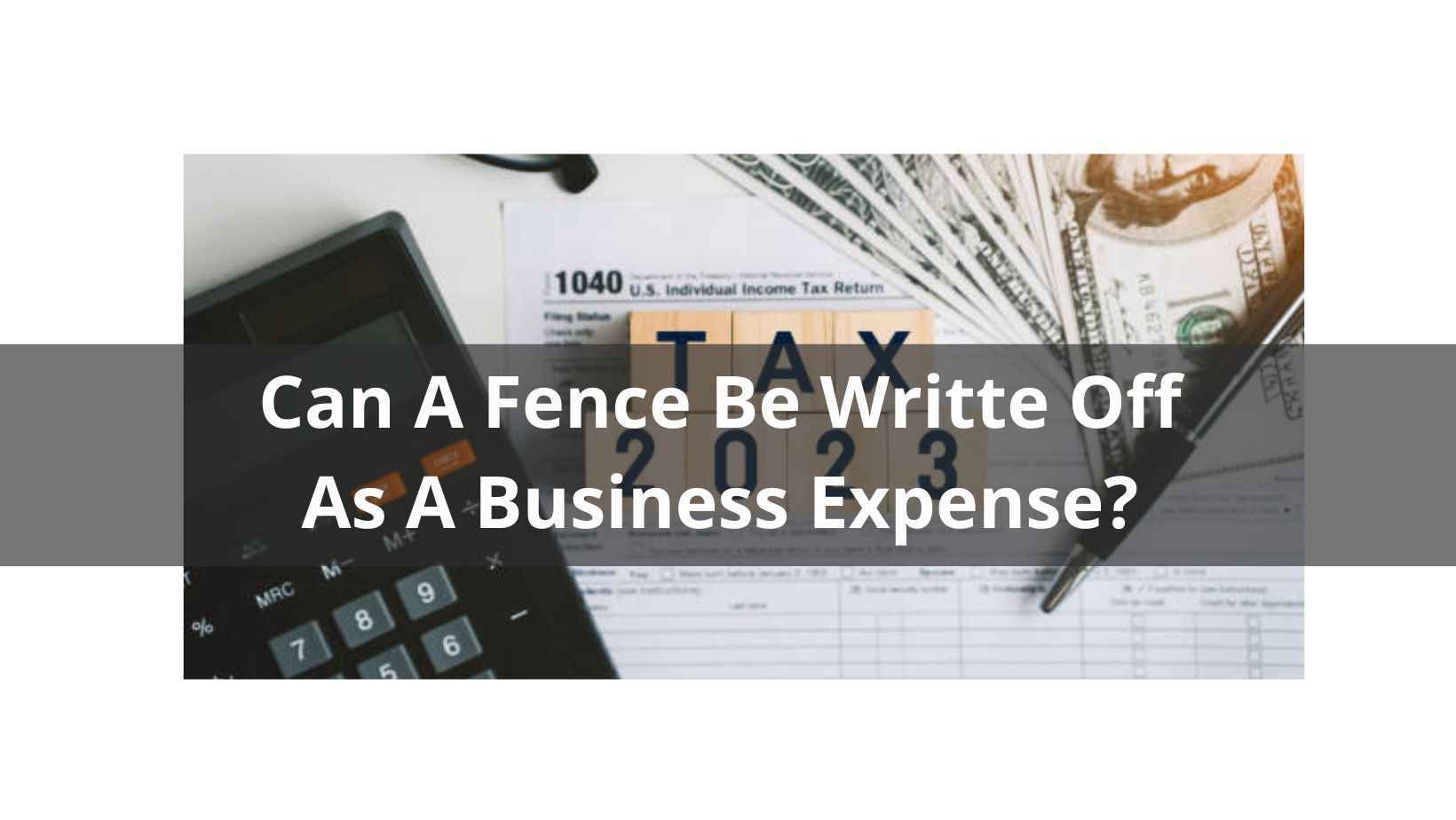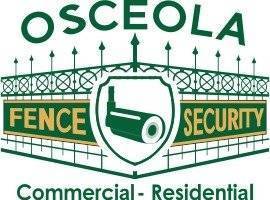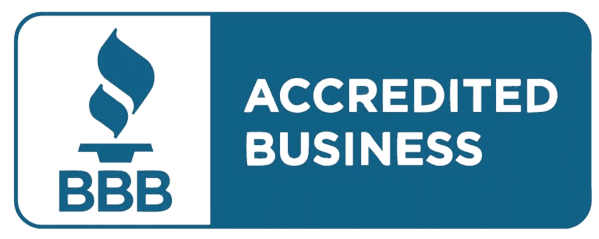Deduct The Cost Of A Fence As A Legitimate Business Expense
As a business owner, you should know the importance to deduct the cost of a fence as a business expense. The answer to this question depends on several factors, such as the purpose of the fence, the type of business you have, and the tax laws in your jurisdiction.
You are probably familiar with the rules for business expense deductions. Like other business expenses, your new fence must be ordinary and necessary to the business in order to qualify as a legitimate deduction.
In general, the Internal Revenue Service (IRS) allows businesses to deduct the cost of equipment and property used for business purposes. This includes items such as office furniture, vehicles and machinery. However, the IRS has specific rules and guidelines for what qualifies as a deductible expense, and it is important to make sure that any expenses you claim on your tax return meet these requirements. Therefore, in this post, we will give you all the information you need to know about the depreciation process.
If you are looking for more information, you can also visit our other related posts:
Are you looking for security and aesthetic appeal in your business?
Get a custom fence installation Chicago and automatic gates Chicago, IL and enjoy a nice security system
Deduct the cost of a fence: When is deductible and when is not?
Regarding fences, the deductibility of the expense will depend on the purpose of the fence and the type of business you have. In general, it will be considered a deductible expense if:
- It is used for security purposes, such as securing a perimeter or protecting valuable equipment.
- It is used to create a specific environment or ambiance, such as decorating around a restaurant.
On the other hand, the fence will not be deductible if:
- The fence is used primarily for personal purposes, such as to create a private space for employees to take breaks.
Any expense that is primarily for personal use or enjoyment.
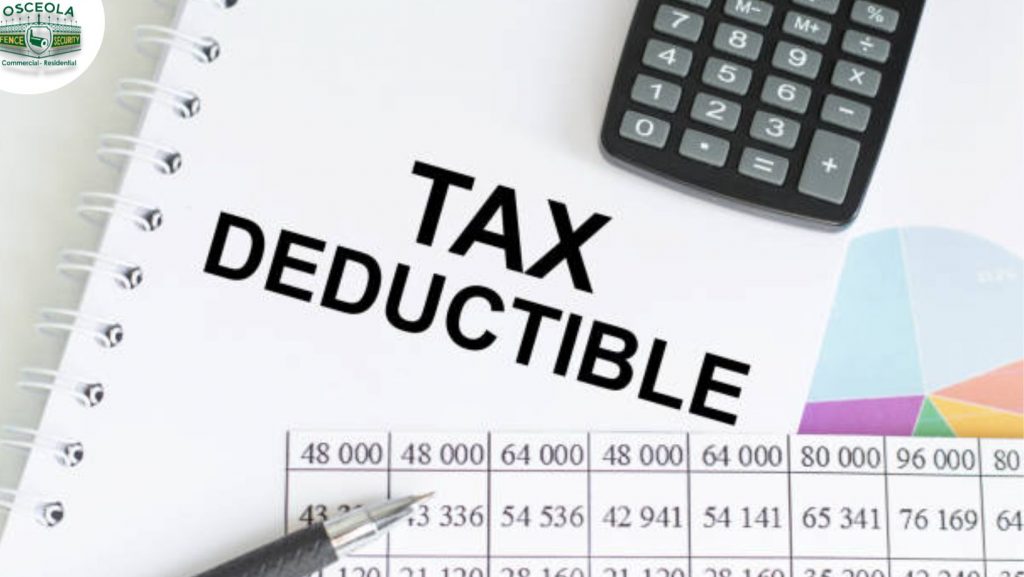
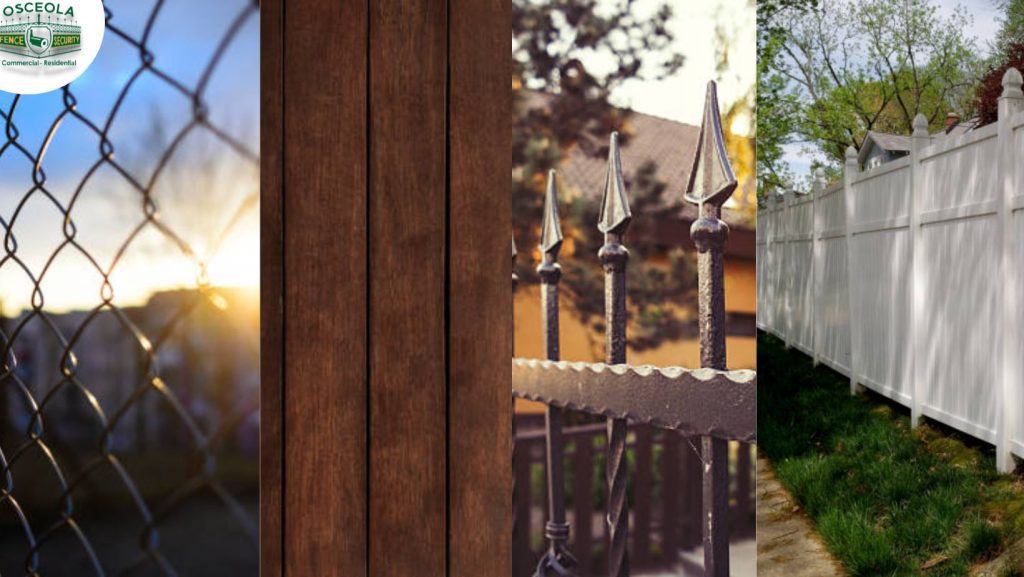
 Ready to increase the security of your property?
Ready to increase the security of your property?
Find the best iron fence Chicago here, and match it with electric gate systems Chicago for maximum security
We are the fence company Chicago, call us for a free quote!
What type of business do you handle?
It is also important to consider the type of business you operate when determining the deductibility of a fence expense. For example, if you have a landscaping business and install a fence around a customer’s property as part of a project, the cost of the fence is likely to be considered a deductible expense.
Similarly, if you have a construction company and install a fence as part of a larger construction project, the cost of the fence may also be deductible.
However, if you have a business that does not typically require the installation of a fence, such as a retail store or consulting firm, it may be more difficult to substantiate the expense as a deductible business expense.
Tax laws Considerations
Another factor to consider when determining the deductibility of a fencing expense is the tax laws in your jurisdiction. Tax laws can vary widely from state to state and country to country, so it is important to know the specific rules and guidelines for your area. Some jurisdictions may have specific rules governing the deductibility of fencing expenses, while others may have more general guidelines for deducting business expenses.
In addition to the cost of the fence itself, there may be other expenses associated with the installation and maintenance of the fence, which may also be considered deductible business expenses. For example, if you request a contractor to install the fence, the cost of the service may be deductible. Similarly, if you need to perform regular maintenance on the fence, such as painting it or replacing damaged sections, these costs may also be deductible.
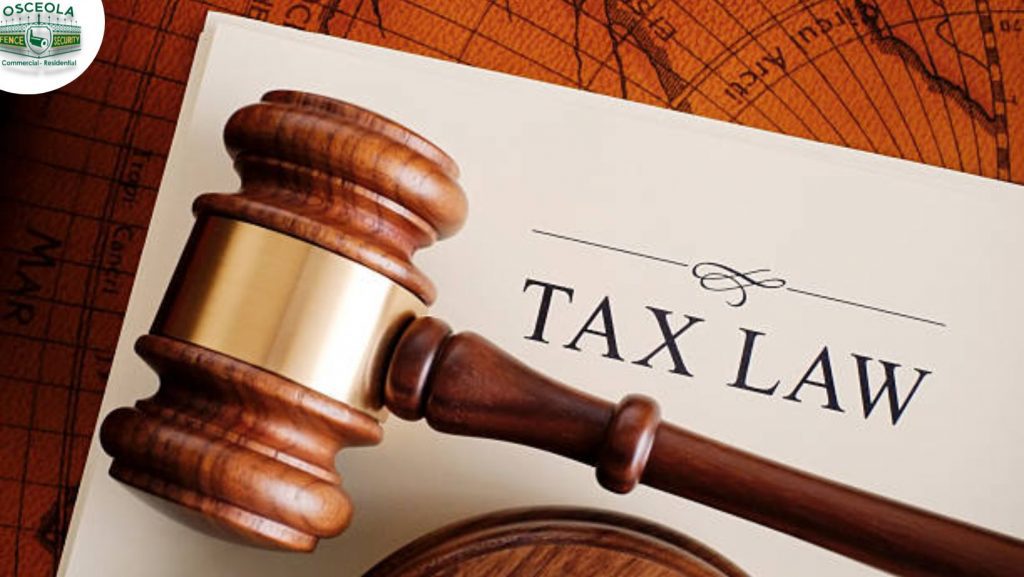
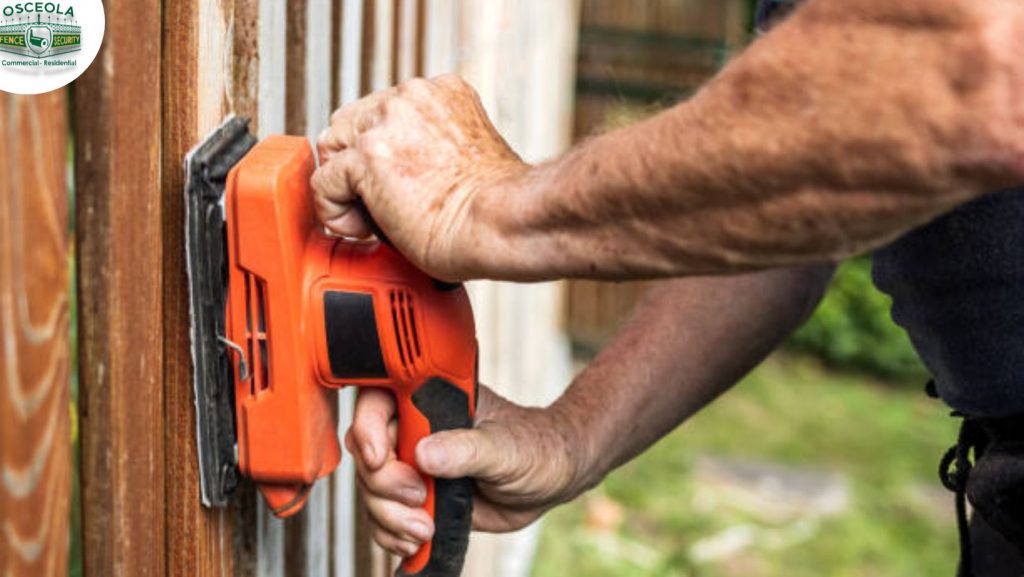
 Ready to increase the security of your property?
Ready to increase the security of your property?
Find the best composite fence Chicago and vinyl fence Chicago with us and improve your property now!
We are the best fence builders Chicago, IL call us for a free quote!
Other factors to consider deducting the cost of a fence
It is important to keep detailed records of all fence-related expenses, including receipts and invoices, so that you can properly claim them as deductible business expenses on your income tax return.
You should also consult a tax advisor or accountant to ensure that you are in compliance with all applicable laws and regulations, and to help you maximize your deductions and minimize your tax liabilities.

Are you looking for security and aesthetic appeal in your business?
Get custom commercial fencing Chicago, and try more products like our electric gate systems Chicago, IL let one of our fence contractor Chicago take care of everything.
Deduct The Cost Of A Fence As An Important Matter
A quality fence is a good investment for many reasons, including the potential to save money on your taxes. Whether the benefits are seen immediately or later in the future, it’s good to keep all of these considerations in mind. Consult with a tax professional before embarking on a project.
Now you know your fence deduction for your business, are you ready to get started? Join the more than 10,000 satisfied customers who have built fences with Osceola Fence Company. In our Chicago Fence Company we specialize in design, fabrication and installation of high quality fences for maximum protection of your business, contact us and request a free quote!
